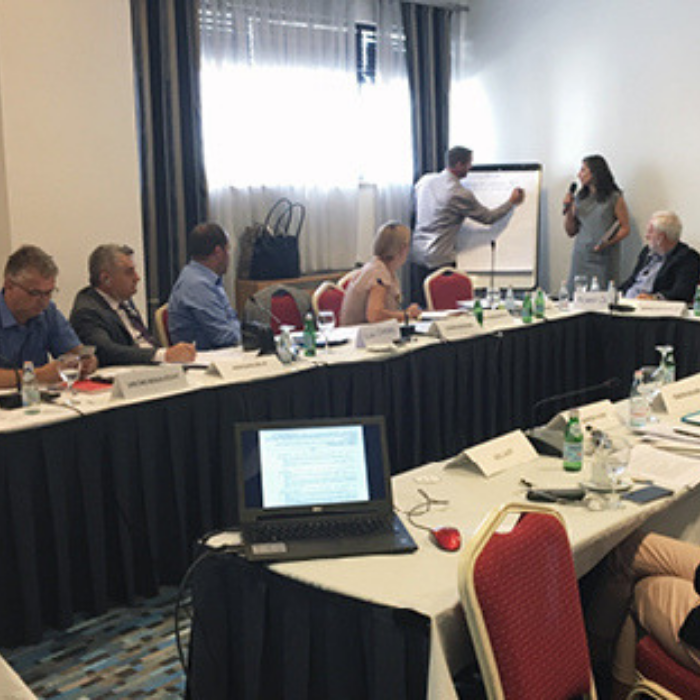Following events that took place in 1998-99 and in 2004, significant population movements took place and many thousands of people still live in protracted displacement within Kosovo and the wider region. Efforts to pursue sustainable solutions have primarily focused on returns to and within Kosovo, with limited attention given to other options that may be more preferable to the people and communities directly affected by displacement.
